5 events found.
- No results were found for this week. Jump to the next upcoming events.
- No events scheduled for October 21, 2024.
- No events scheduled for October 22, 2024.
- No events scheduled for October 23, 2024.
- No events scheduled for October 24, 2024.
- No events scheduled for October 25, 2024.
- No events scheduled for October 26, 2024.
- No events scheduled for October 27, 2024.


